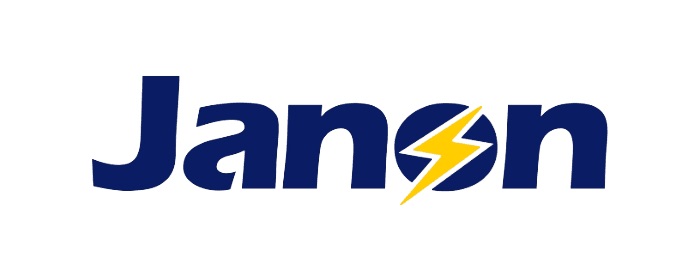European and American standards and certifications for masks
1. EU requirements for masks
Products sold in the EU market must obtain CE certification. From 2019, the new regulations (EU) 2016/425 will be enforced. All masks exported to the EU must obtain CE certification under the requirements of the new regulations. The European Union has the following standards for common respiratory products:
BS EN 149: 2001 Filtering Half Masks to protect against particles
BS EN 136: 1998 Full Face Masks-Class 1, 2, or 3 Full Face Masks-Class 1, 2 or 3.
BS EN 140: 1999 Half / Quarter Masks Half / Quarter Masks
BS EN 14387: 2006 Gas Filters & Combined Filters
BS EN 143: 2000 Particle Filters

2. US requirements for masks
According to the “42 CFR Part 84” regulations of the Department of Health and Human Services (HHS, US Department of Health and Human Services), NIOSH classifies its certified anti-particulate masks into 9 categories. The specific certification is operated by NPPTL (National Personal Protective Technology Laboratory) laboratory under NIOSH.
According to the filtering characteristics of the middle filter of the mask, it is divided into the following three types:
100 grade: indicates that the minimum filtration efficiency is 99.97%.
99 grade: The minimum filtration efficiency is 99%.
95 grade: indicates that the minimum filtration efficiency is 95%.
According to the minimum filtration efficiency of the filter material, the mask can be divided into the following three levels:
N series: N stands for Not resistant to oil and can be used to protect non-oily suspended particles.
P series: P stands for oil Proof and can be used to protect non-oily and oily suspended particles.
R series: R stands for Resistant to oil, and can be used to protect non-oily and oily suspended particles.
N95 mask is one of 9 anti-particulate masks certified by NIOSH (National Institute of Occupational Safety and Health). "N" means not suitable for oily particles (oil fumes produced by cooking are oily particles, and the droplets generated by people talking or coughing are not oily); "95" refers to the filtration efficiency under the test conditions specified by the NIOSH Reached 95%. N95 is not a specific product name. As long as it conforms to the N95 standard and has passed the NIOSH review, it can be called "N95 mask".



